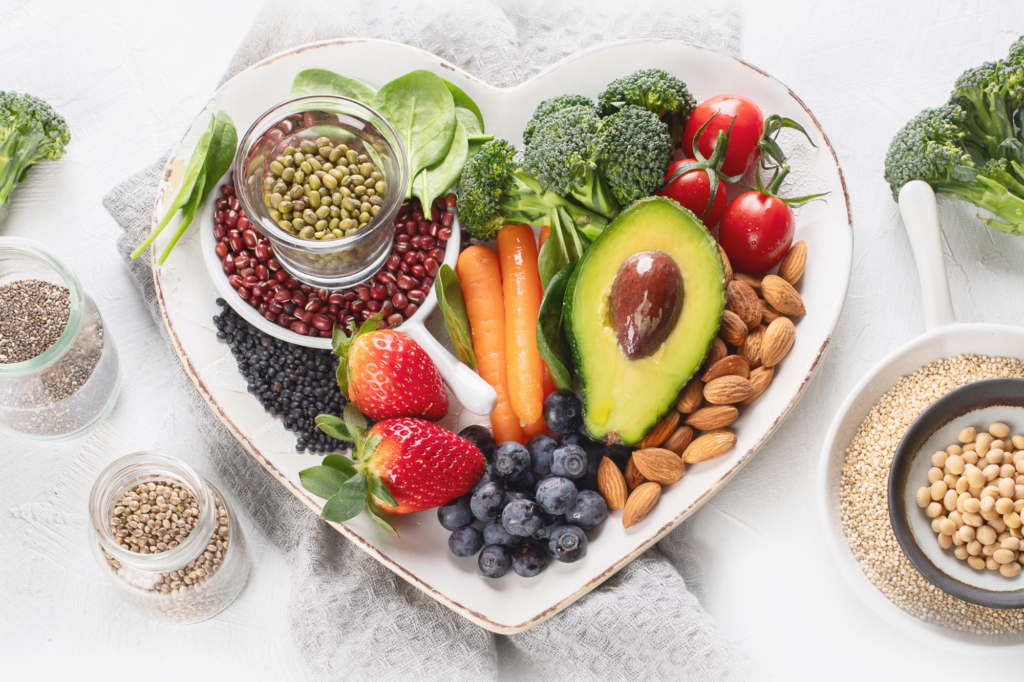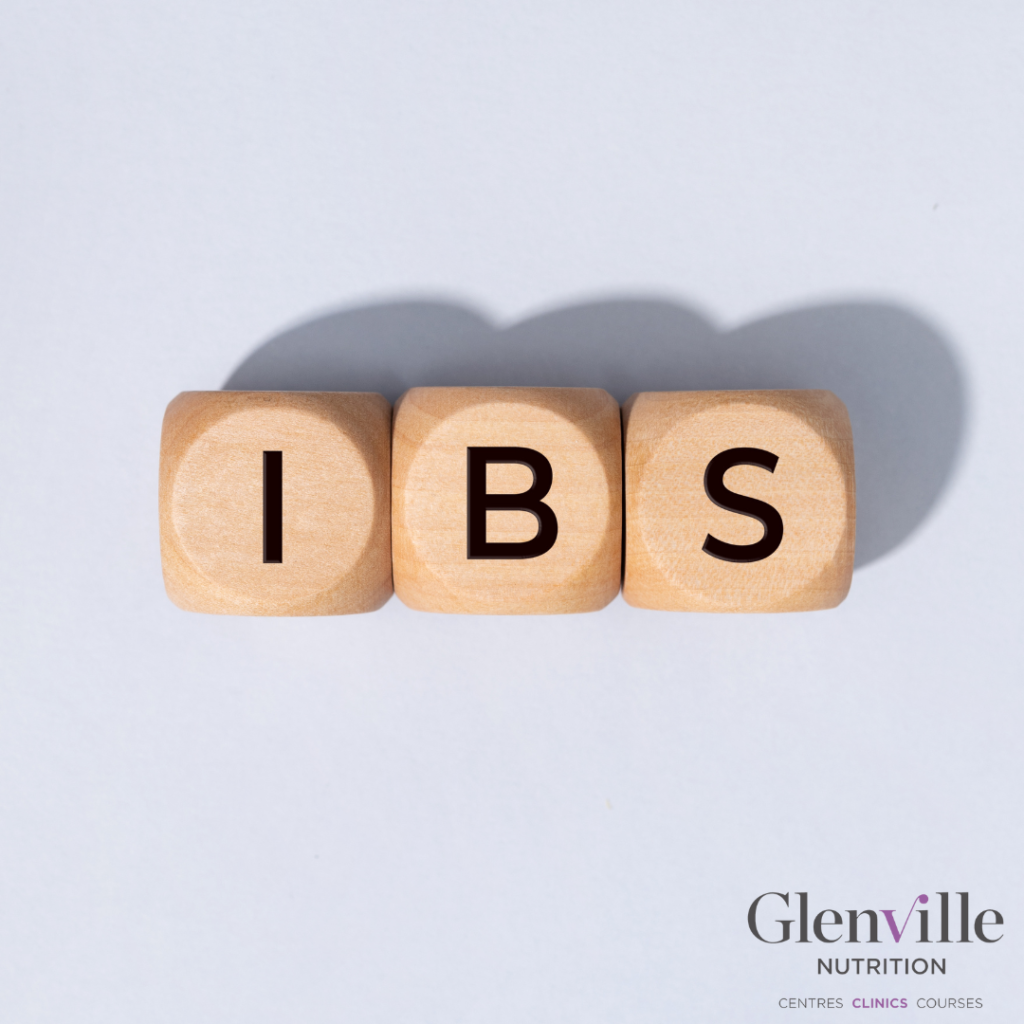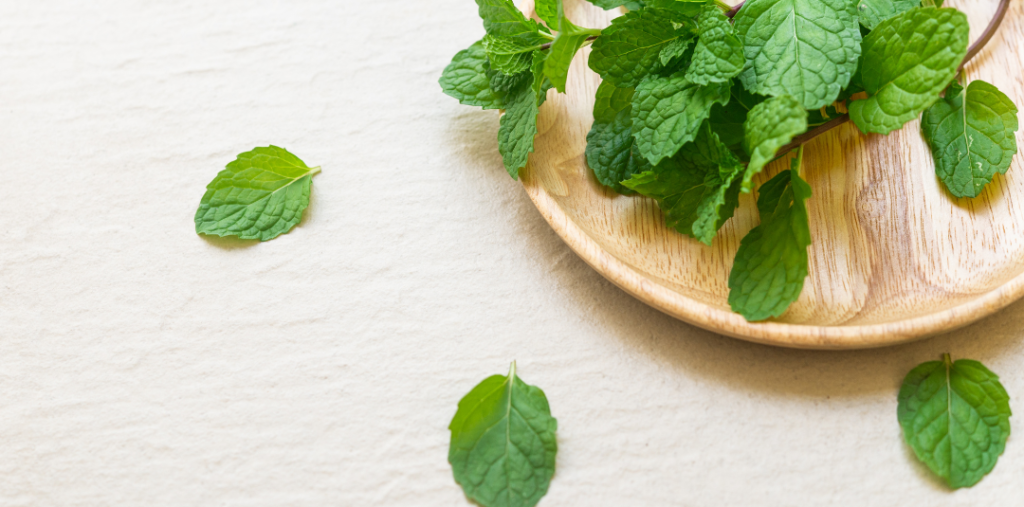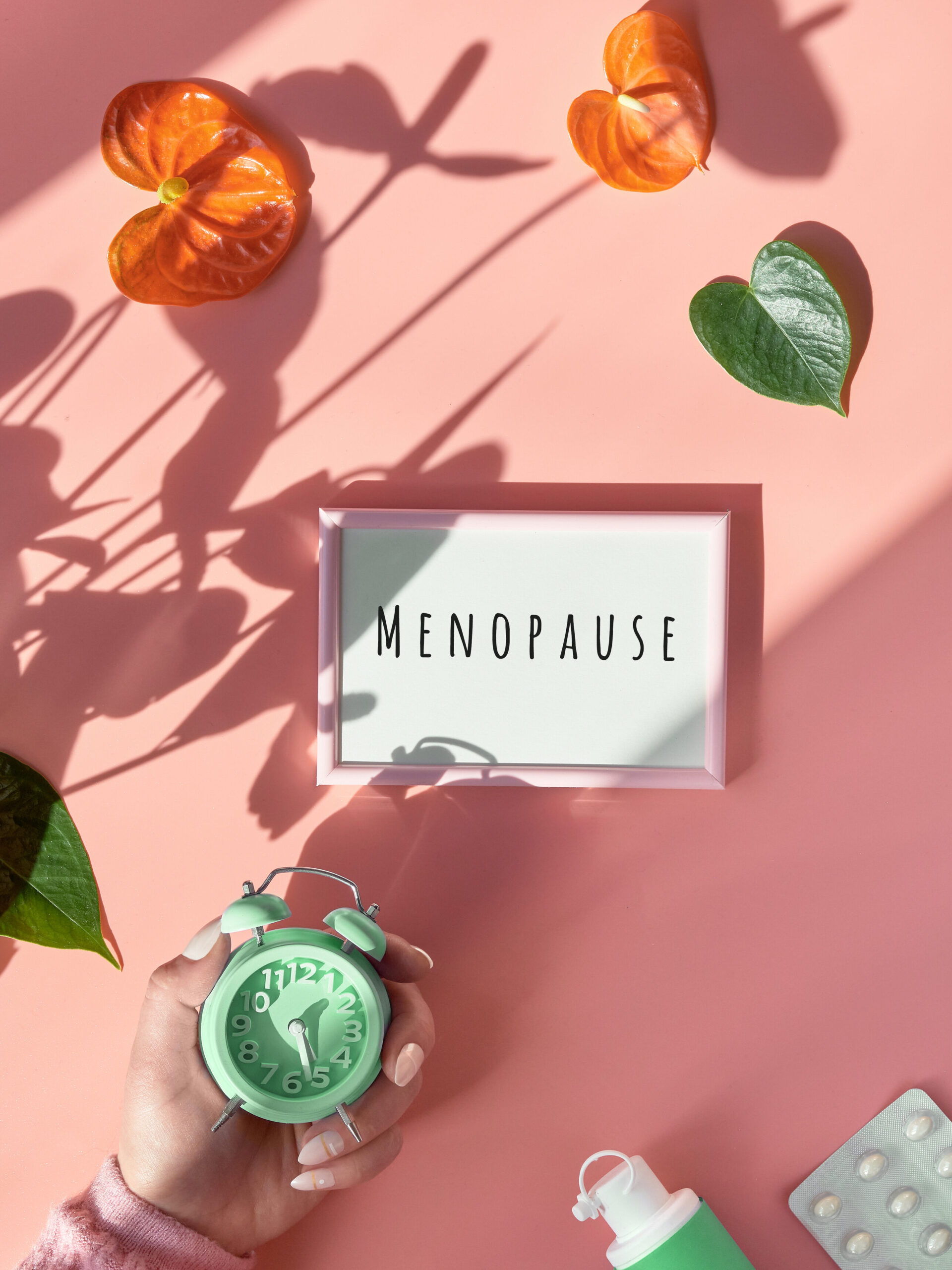Make sure you are getting enough protein in your diet. You could make the change gradually and still include fish but stop eating meat and poultry. And then over time stop the fish once you have got used to not having meat and poultry. Most vegetarians will still eat eggs and dairy foods.
What do I need to consider when changing to a vegetarian diet after eating meat?
Are there nutrients I might be missing out on, and how should I supplement this with other types of food?
None for a vegetarian diet if you are still eating a good variety of foods with some animal protein like eggs and dairy.
Likewise, what do I need to consider when changing to a vegan diet after a vegetarian diet?
I do not advocate a solely vegan diet and I think some animal protein such as eggs are important for your health. If you become vegan there can be issues with not enough vitamin B12, calcium and iron. You would need to make sure you are getting enough vegetable protein in the form of quinoa, nuts, seeds and beans.
Also make sure you are getting enough iron. Non haem iron is found in plant based food and haem iron is found in animal foods. Good non haem sources of iron are beans, nuts, sprouted beans, cereals and green leafy vegetables. Vitamin C helps to increase the absorption of iron.
Because vitamin B12 is found in animal foods then, as a vegan, it can be more you to get enough B12. It will be in fortified foods and yeast extracts but you may need to take a vitamin B12 supplement.
Aa a vegan you also need to make sure you are getting enough omega 3 fats which would come from oily fish or egg yolks. So you will need to include vegetable sources of omega 3 such as flaxseeds and chia seeds.
For both vegetarians and vegan it is important to think about eating healthily and not just cutting out meat. Unfortunately you can have unhealthy plant based diets because you are not eating any animal foods but may be living on white bread and lots of cakes and biscuits with added sugar.
I also don’t agree with meat substitutes which are often made with unhealthy ingredients.
What are the main benefits of cutting back on meat?
The meat issue is that certain carcinogenic chemicals are formed when the meat is cooked. These are called heterocyclic amines (HCAs) and are formed when amino acids and creatine (a chemical found in muscle) react at high temperatures. They are found in cooked muscle meat (which includes not only meat but also chicken and fish but would not be found in other animal proteins like eggs) and the higher the temperature of the cooking the more of them are formed so frying, grilling and barbecuing produces the largest amounts of HCAs. Stewing, boiling and poaching are done at much lower temperatures and produce insignificant amounts of HCAs. The research suggest that eating more than one and a half servings (4.5 ounces) of red meat can double the risk of breast cancer compare to 0.75 servings a week (Cho E et al, 2006, Arch Intern Med, 166: 2253-9).
These HCAs are also linked to colon cancer for both men and women and prostate cancer for men. The World Cancer Research Fund suggests avoiding processed meats like ham and bacon completely because of the cancer risk.
Is there strong evidence to suggest eating a more plant-based diet is healthier?
Yes reducing the cancer risk, more regular bowel motions because of the increase in fibre and more antioxidants coming into the diet. Also, we know that women who have a diet rich in phytoestrogens have few menopause symptoms and a reduced risk of breast cancer.
A report has shown that eating seven or more portions of fruit and vegetables a day is healthier that the minimum five currently recommended and will prolong our lives.
A study of 65,226 men and women indicated, in fact, that the more fruit and vegetables people ate, the less likely they were to die. And eating seven a day cut the risk of dying from cancer and heart disease.
Researchers from University College London used the Health Survey for England, which collects data from people in England each year through questionnaires and nurse visits, to look at diet and lifestyle.
They analysed data between 2001 and 2008, which provided a snapshot rather than people’s continuing dietary habits.
The study looked at general mortality as well as death from cancer, heart disease and stroke, and found the risk of premature death from any cause decreased as fruit and veg consumption increased.
Further, the risk of death by any cause over the course of the study was reduced by 42% for those who ate around 10 portions a day.
Fresh vegetables were found to have the strongest protective effect – followed by salad and then fruit.
The findings of this new research are incontrovertible: it is fresh, unadorned produce that produces the benefit. There’s little merit in drinking fruit juice, the study found, as it is so high in sugar content (sugar as fructose).
But the more fruit and veg you eat, the better your chances of living a long and healthy life. So even those who did not manage seven or more helpings, reaped benefits.
Those eating five to seven a day had a 36 per cent cut in risk of death, while three to five portions reduced it by 29 per cent. Even eating one to three helpings of fruit and vegetables was linked to a 14 per cent reduced risk of death.
A report published by JAMA Internal Medicine has found that vegetarians live longer because of their diet. They found a reduction in death rates for people eating vegetarian diets compared with non-vegetarians in a study of more than 70,000 people. Over a six-year period, vegetarians were 12 per cent less likely to die from any cause.
It is thought the benefits come from lower blood pressure and improved cholesterol levels in people eating ‘good’ fat diets based on vegetables, whole grains and fruit. A vegetarian diet is associated with a higher intake of fibre, folic acid, vitamins C and E, magnesium, healthy fats and phytochemicals which have a positive influence on reducing the risk of some cancers and heart disease.
It is important to remember to get enough protein with a vegetarian diet and it is very easy to do if you know what to look for. My recommendation is to have some good quality protein like eggs, quinoa, tofu and nuts and seeds and pulses. Making sure you have a good serving of protein with each meal is what you’re aiming for. It can be more challenging to get enough omega 3 fat in your diet because it’s predominantly in fish so a vegetarian diet needs to be rich in walnuts, chia seeds, flaxseeds and hemp.
Are you aware of more people becoming vegetarian, vegan and part-time vegetarian?
In my clinic more of my patients are becoming semi-vegetarian and still eating some oily fish because of the benefits and also eggs because they are a first-class protein but cutting out meat and poultry.
What nutrients might you be deficient in if you eat a plant-based diet (if any)?
None, if you eat a good variety with some animal protein included like yogurt. If someone becomes vegan then there can be issues with B12, calcium and iron.
What nutrients will you have in abundance by eating a plant-based diet?
Definitely the antioxidants which are found in all the brightly coloured fruit and vegetables. We used to be told to ‘eat our greens’ but it is better to ‘eat a rainbow of fruits and vegetables’ because different antioxidants are found in differently coloured foods. For example, green leafy vegetables, berries, carrots, beetroot and so on, all contain different antioxidants.
When avoiding animal-based products what are the best sources of protein?
Go for quinoa, nuts, seeds and beans.

And of iron? Non haem iron is found in plant-based food and haem iron is found in animal foods. Good non haem sources of iron are beans, nuts, sprouted beans, cereals and green leafy vegetables. Vitamin C helps to increase the absorption of iron.
And vitamin B12?
Because vitamin B12 is found in animal foods then it can be more difficult for a vegetarian who does not eat eggs or dairy foods or for vegans who don’t eat any animal foods for them to get enough B12. It will be in fortified foods and yeast extracts but people may need to take a vitamin B12 supplement.
Do you have concerns about the rise of plant-based eating in the UK?
No I think it is only a good thing as only about a third of adults eat the recommended 5 a day fruit and vegetables so any increase is going to be good.
Do you feel people now (as opposed to 20 years ago, say) have many more products available to help them eat a healthy animal-free diet?
Yes absolutely as 20 years ago we would not have access to vegetable proteins like quinoa or even the choice of plant-based foods we have e.g hummus, and the enormous choice of fruit and vegetables because they are shipped from all around the world.
If someone is considering eating a diet focused on plant-based foods, what’s the healthiest way to do this?
I would say to still include eggs and even fish if possible but put the emphasis on increasing plant-based foods but they also need to be whole foods especially with grains such as brown rice, porridge. And people can have unhealthy plant-based diets because they are thinking of no animal foods and yet are living on white bread and lots of cakes and biscuits with added sugar.
If you would like to explore whether a consultation with an expert nutritionist at the Glenville Nutrition Clinic could help you, please contact us on 01892 515 905 or send us an email at reception@glenvillenutrition.com







